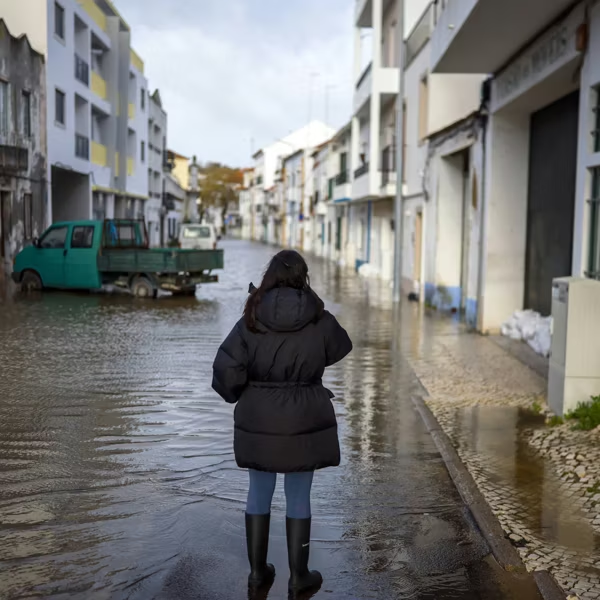An article today in the Washington Post is using fear to inhibit action. Juliet Eilperin boldly declares "climate is a risky issue." Essentially saying, "Be careful! You are going to lose something of value." She then goes on to frame efforts to address the climate crisis as costly, while ignoring all of the serious risks to society that come with doing nothing.
Instilling fear in the populace, it seems, makes for good journalism. But it is bad for informing citizens about the real threats we face as a nation.
Riddled throughout the article are references to loss. I stopped counting after fifteen. Examples include "costing billions of dollars," "the cost of coal could quadruple," and "huge costs associated with limiting emissions." It is almost as if Eilperin understands the importance of repetition for reinforcing neural associations in the brain.
Every time climate change is referenced in the context of economic loss, the brain binds them more strongly to each other. The consequence being that people miss this key truth: Protecting the environment is essential to strengthening our economy.
Placing loss on the correct side of major decisions is extremely important because fear and uncertainty are powerful motivating factors. Psychologists have a name for this phenomenon; it is called risk aversion. Simply put, we feel more strongly about avoiding loss than seeking gain. When outcomes are uncertain or unfamiliar, motivation to change our behavior plummets further.
This is why people stay in abusive relationships. The harms are well known, but what will happen if you leave? A big question mark - and plenty of anxiety - encourage you to reconsider. The devil you know is better than the devil you don't.
This way of thinking leads to more abuse. And it leads to more harm from the climate crisis. Our fear of losing what we have places us at jeopardy of losing much more. This recklessly places us all at risk of unacceptable consequences.
So what can we do when a major threat is looming on the horizon? First off, we don't frame it in a way that misleads people about where the losses reside. Energy costs are already going up. And job security is becoming more like a joke without a punch line every day as manufacturing is moved overseas and profit motives compel wealthy executives to cut benefits. So the losses plastered on climate action are already lurking at our doorstep - without doing anything about global warming!
Instead, let's look at the real costs of inaction in the face of the climate crisis. Our children get asthma before enrolling in kindergarten. We pay for increased medical visits. Severe storms - flooding, drought, tornadoes, hurricanes - ravage our cities with greater intensity and frequency. We pay for rebuilding after devastation. Viruses carried by mosquitoes threaten our health security at higher elevations and for longer parts of the year. We pay with our livelihood.
You get the picture.
Everywhere in the world there will be more risk. Increased risk of crop failures as rainfall patterns change. Increased risk of mass migrations as sea levels rise. Increased risk of regional conflict as natural resources become more scarce.
Eilperin got it wrong. The real "risky issue" is staying put and doing nothing: continuing to spoil our air and ignoring the harm we're already suffering.
Joe Brewer is a fellow at The Rockridge Institute.



